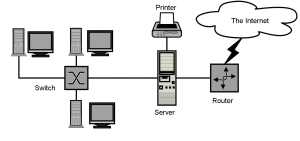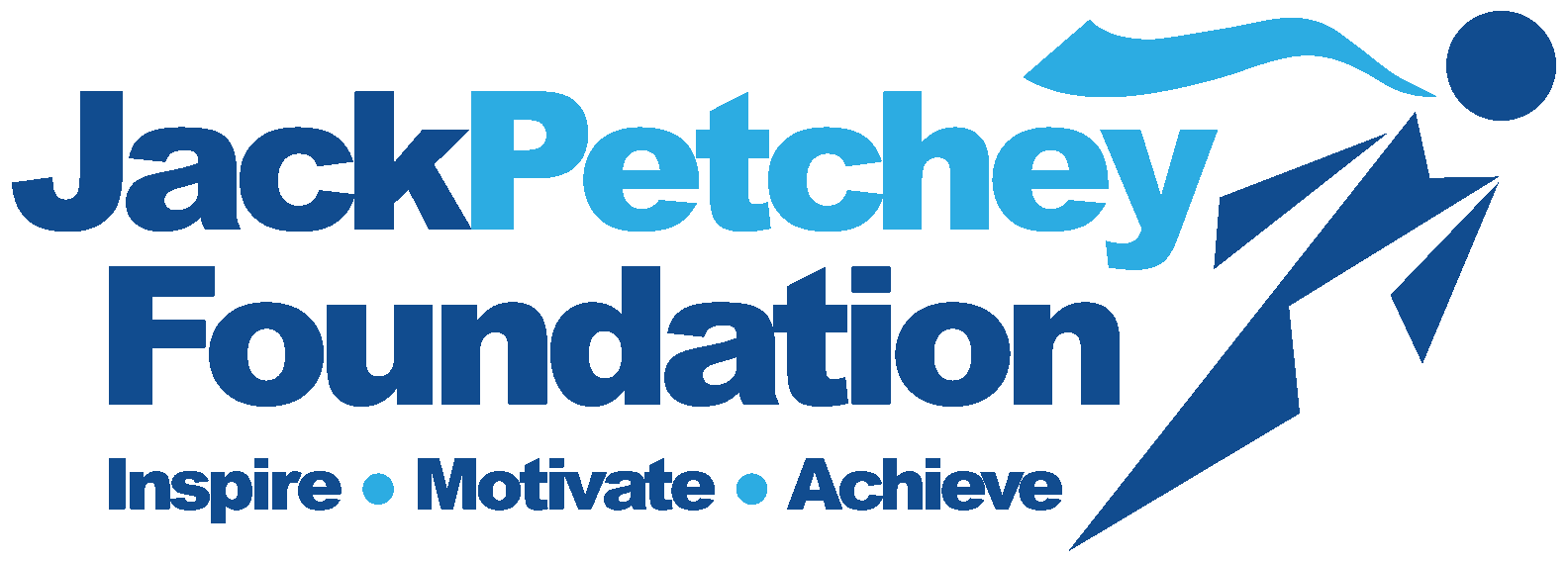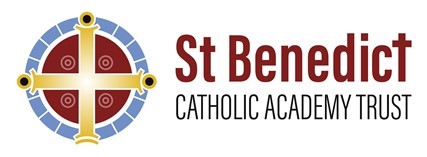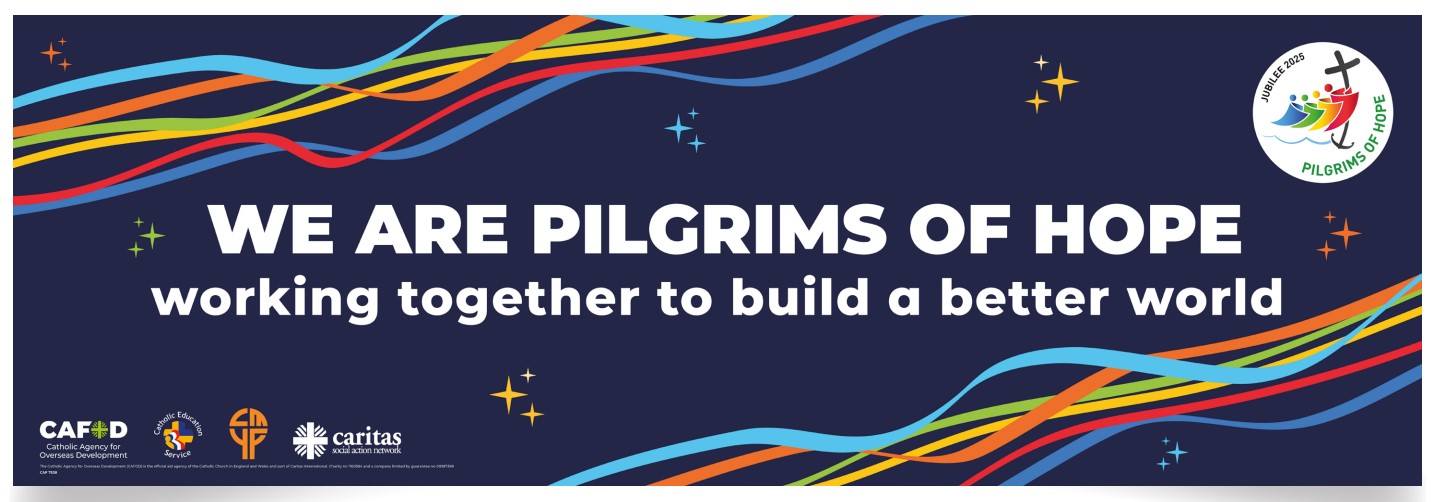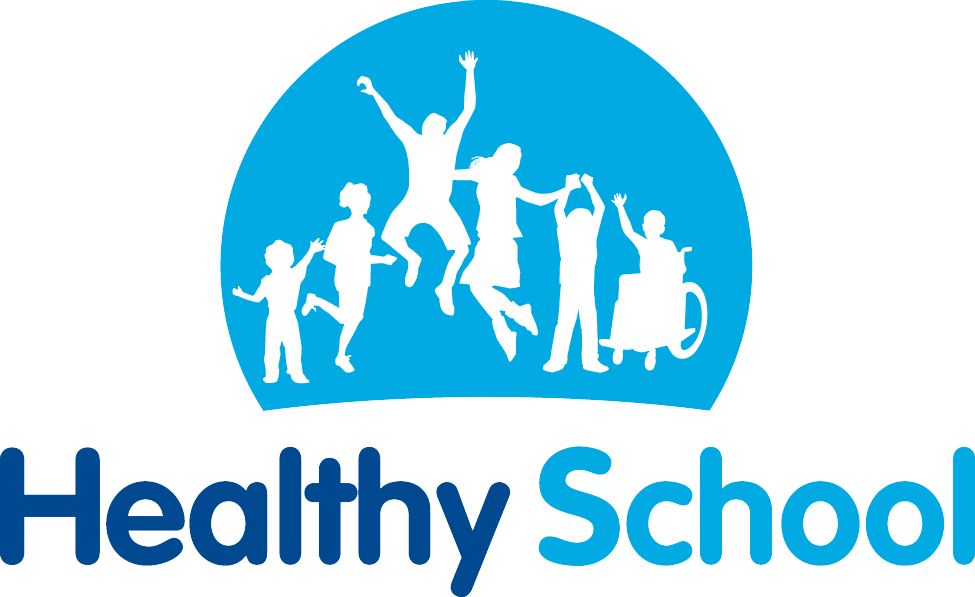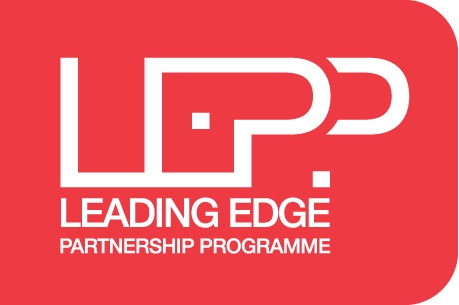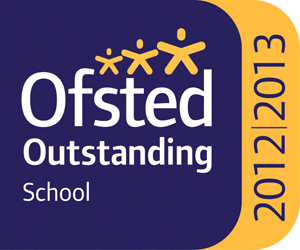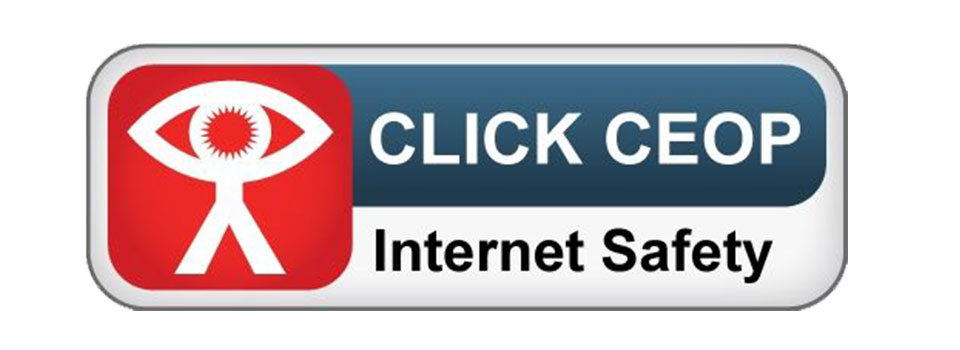Computing and Computer Science
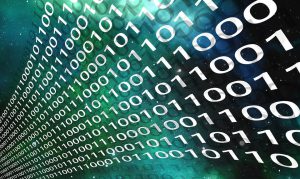
Computing and Computer Science
The department also has the support of a Network Manager and a full time IT technician.
After School IT Club
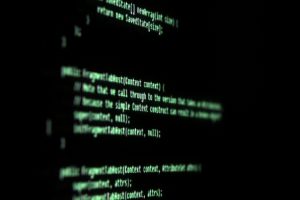
“Everybody in this country should learn how to program a computer…… because it teaches you how to think”
Steve Jobs
Computers are now part of everyday life and, for most of us, technology is essential to our lives, at home and at work. ‘Computational thinking’ is a skill that all pupils must learn if they are to be ready for the workplace and able to participate effectively in the digital world.
The recent national curriculum for computing has been developed to equip young people in England with the foundational skills, knowledge and understanding of computing they will need for the rest of their lives. Through the new programme of study for computing, they will learn how computers and computer systems work, they will design and build programs, they will develop their ideas using technology, and create a range of digital content. As a result we have recently revised both our Key Stage 3 and Key Stage 4 and pupils now learn the following:
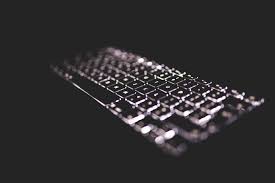
Key Stage 3
At Key Stage 3 students provide a programme of study containing both ICT and Computer Science units. This aim is to provide a broad and balanced curriculum but also helps to provide a solid foundation for those pupils wishing to take Computer Science at GCSE. As such we have included programming skills and algorithmic thinking into each year group.
Year 7
- Introduction to E-Safety
- Introduction to Computer Hardware
- Spreadsheets and Modelling
- Introduction to HTML programming
- Introduction to Python programming and algorithms
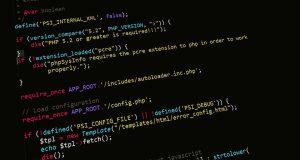
OCR GCSE Computing J275
Information technologies continue to have a growing importance in both the education and professional sector. There is a growing need for high quality specialists who have a background in computer science. This course will they will provide an excellent platform for later study.
The computing syllabus will give students an in-depth understanding of how computer technology works. It provides a challenging and exciting way to develop critical thinking, evaluative skills, problem solving skills in addition to learning different programming languages.
The course is described below:
Unit 1 – Computer Systems and Programming
This is worth 40% of the overall GCSE grade and involves a 90 minute written examination that includes a mixture of short and long answer questions, some of which will require candidates to write program code.
The exam will assess the following topics:
- Computer systems
- Central Processing Units
- Binary logic
- Memory
- Peripheral devices
- Secondary storage
- Types of data
- Databases
- Networks
- The Internet
- Programming
Unit 2 – Practical Investigation
This is worth 30% of the overall GCSE grade for which you will complete an investigative computing task, chosen from a list provided by OCR, which assesses the following: research, technical understanding, analysis of problem, historical perspective, use of technical writing skills, recommendations/evaluation.
Unit 3 – Programming Project
This is worth 30% of the overall GCSE grade. You will be given three programming problems from the exam board and will have to design and develop a solution using a programming language.
You will learn
- Understand standard programming techniques
- Design a coded solution to a problem including the ability to:
- Develop suitable algorithms
- Design suitable input and output formats
- Identify suitable variables and structures
- Identify test procedures.
- Create a coded solution fully annotating the developed code to explain its function
- Test your solution:
- To show functionality
- To show how it matches the design criteria
- Identifying successes and any limitations
